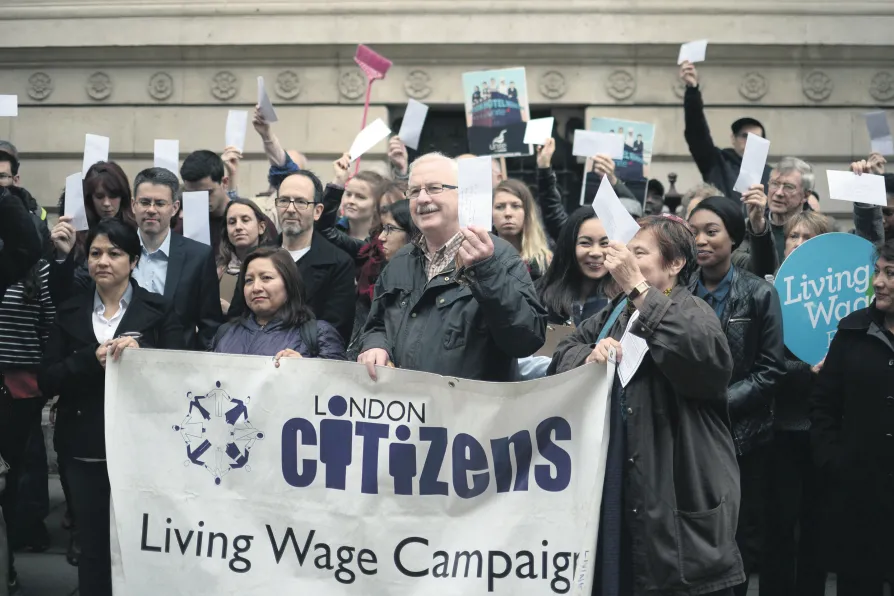As figures from Tucker Carlson to Nigel Farage flirt with neofascist rhetoric and mainstream leaders edge toward authoritarianism through war and repression, the conditions that once nurtured Hitlerism re-emerge — yet anti-war and anti-imperialist sentiments are also burgeoning anew, writes ANDREW MURRAY

 Cleaners and civil servants protest outside the Foreign Office, 2013
Cleaners and civil servants protest outside the Foreign Office, 2013
THINK back to recent campaigns such as miscarriages of justice, the living wage campaign, the anti-road expansion and peace protests.
All began in the margins. The people and institutions in the centre ground simply did not want to hear.
On miscarriages of justice, friends and family of those convicted in big cases like the Birmingham Six and Guildford Four campaigned to get their voices heard.

KIM JOHNSON MP places the campaign in the context of the history of the working-class battles of the 1980s, and explains why, just like Orgreave and the Shrewsbury Pickets before it, justice today is so important for the struggles of tomorrow

BILL GREENSHIELDS urges an intensification of the information offensive against the impact of the spurious discourse peddled by Reform UK












